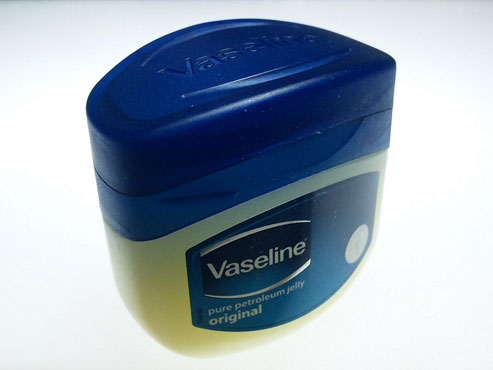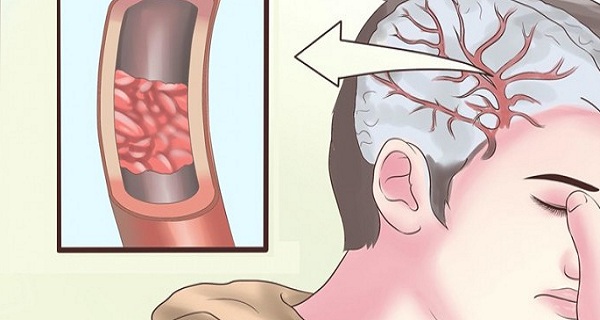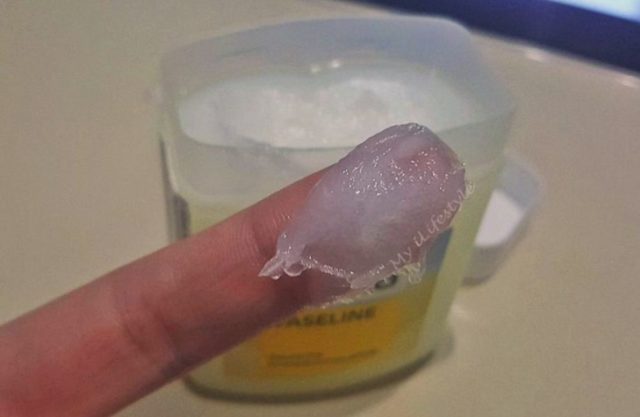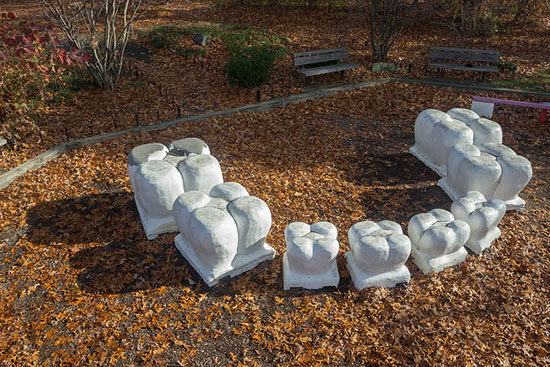Bleeding from the nose can usually happen from only one nostril, but sometimes massive and heavy bleeding can also fill up the affected nostril and then go to the nasopharynx (the nasal section where two nostrils meet).
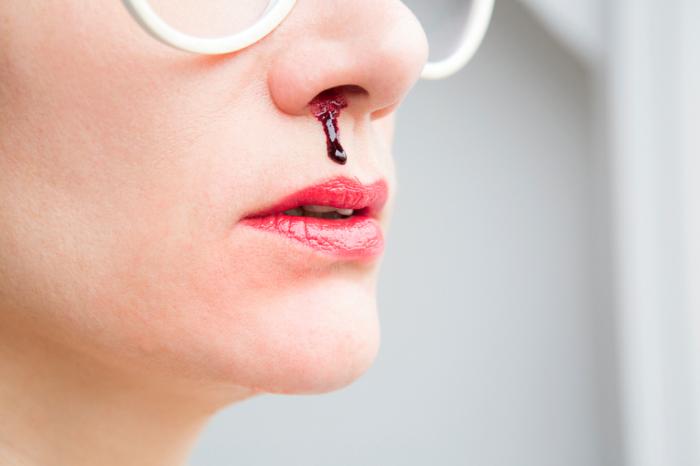
There are several causes of nosebleed, such as cracked nose, trauma, broken nose, but also allergic rhinitis, foreign body in the nose, high blood pressure, or deviated nasal septum and low platelet count.
Nosebleed is very common and people often have it, or they had it sometimes in their lives. When it comes to age, nose bleeds peaks at ages 2-3 and 50-80.
Symptoms and Signs
Bleeding in the nose is a primary symptom of a nosebleed or epistaxis. Blood can fill up one nostril and overflow within the nasopharynx, then spill in the other nostril, causing bleeding on both sides. Besides all of this, blood can descend to the throat or down to the stomach. This can cause blood vomiting.
Also, there can be confusion, dizziness, light-headedness and fainting, due to the excessive blood loss. Also, signs of bleeding can be easy bruising, bleeding in urine and stool.
Home Remedies for Nose Bleed
Epistaxis or nosebleed can be successfully controlled at home, and the best way to do it is to apply direct pressure. You just need to apply pressure to the front of the nose. You can also apply Vaseline or ointment on the front of your nose using a Q-tip as a prevention of nose bleed that is linked to dryness.
Some people say that you can stop a common nose bleed with positioning and that you just need to lean forward slightly with your head tilted forward. This is good advice because if you lean backwards, all the blood will end up in your throat or sinus, which will cause inhaling of blood or gaging. Blood can even end up in the lungs.
Spit the blood that gathered in your mouth or throat, and this will prevent vomiting and nausea. Also, blood the blood clots out of your nose, and do it gently, but remember that the condition can worsen with this move.
You can use a Saline spray to cure epistaxis, and you just need to apply these drops two or three times a day in each nostril. Make this solution at your home by mixing a teaspoon of salt in a quarter of water and boil it for 20 minutes.
Just make sure nosebleed is not caused by an existing medical condition, and if it is, seek professional help.


